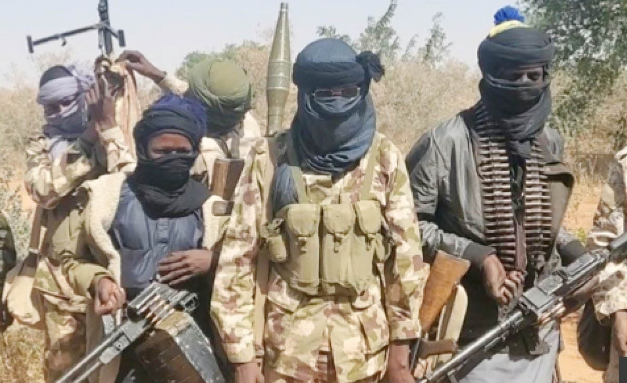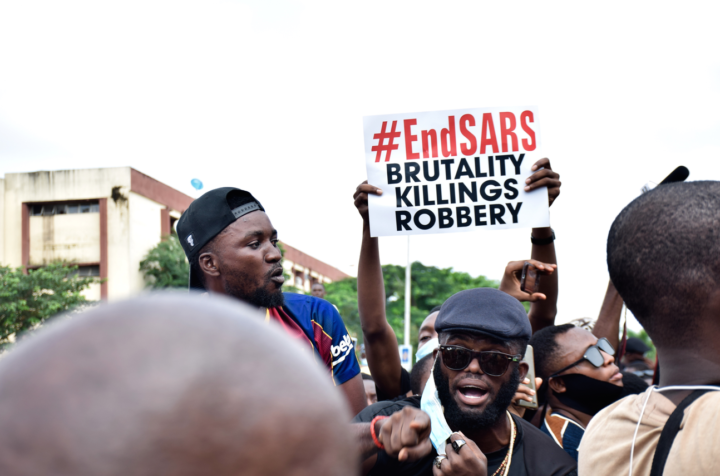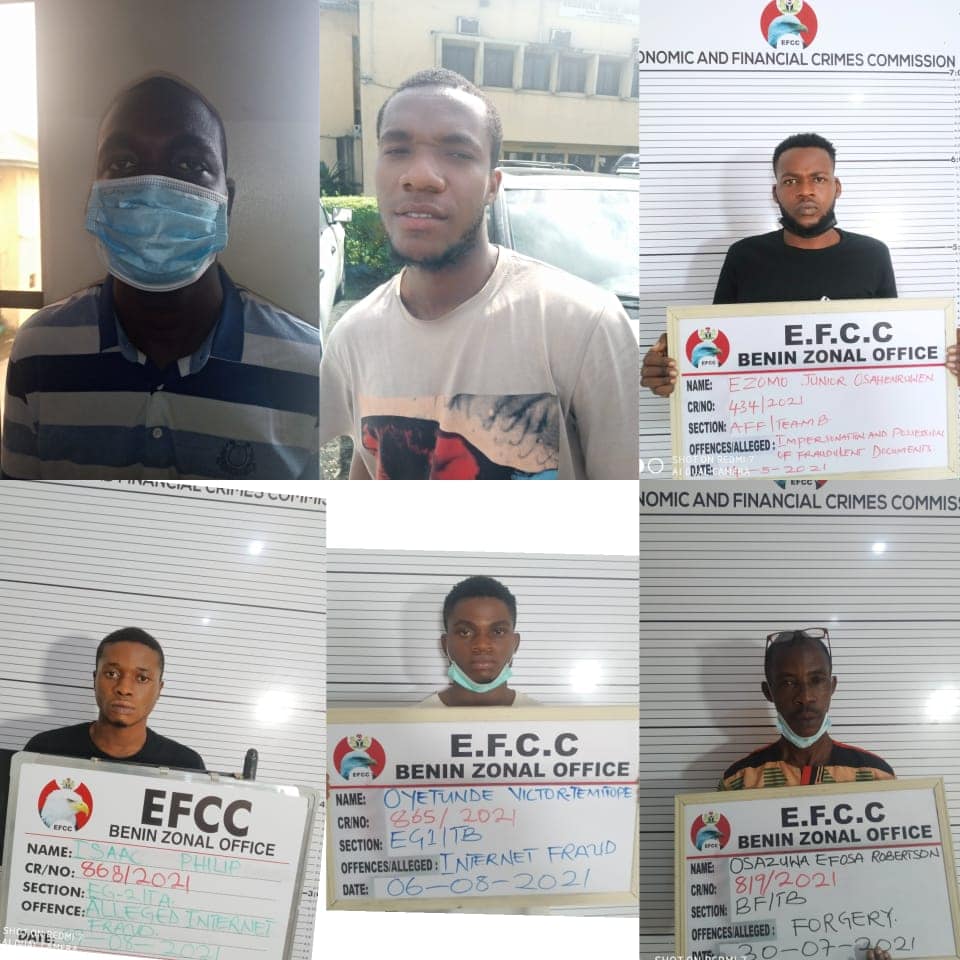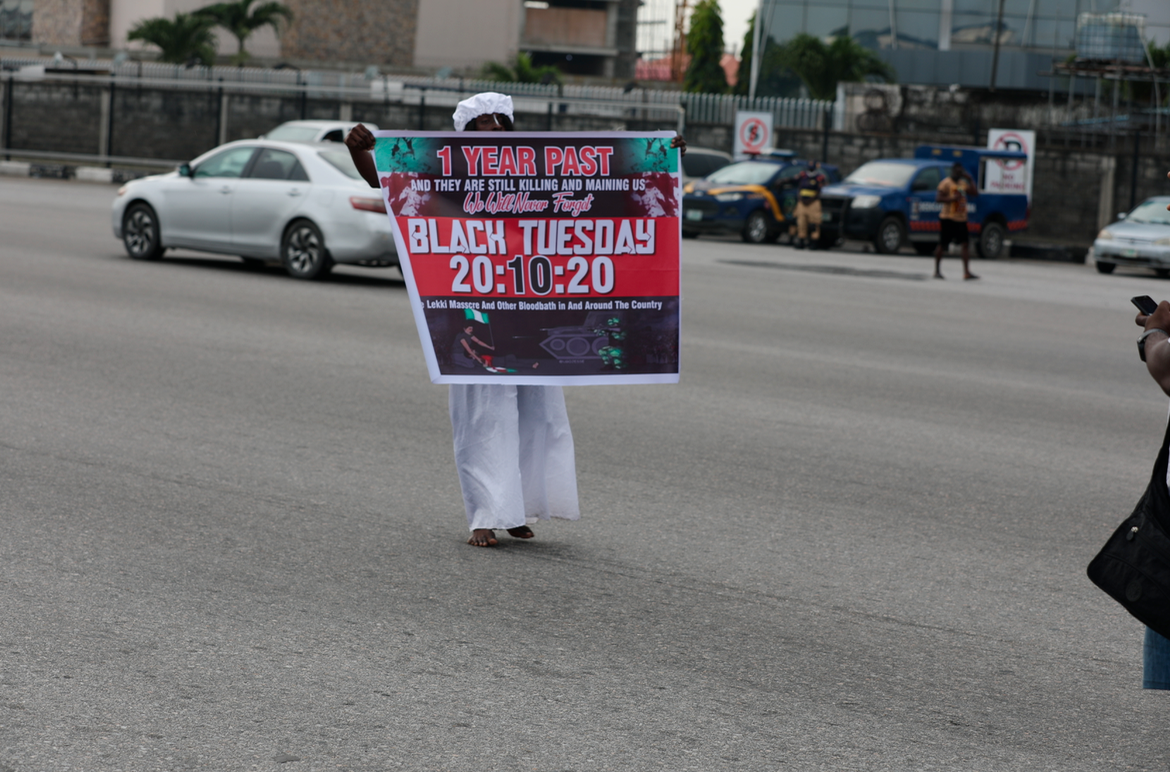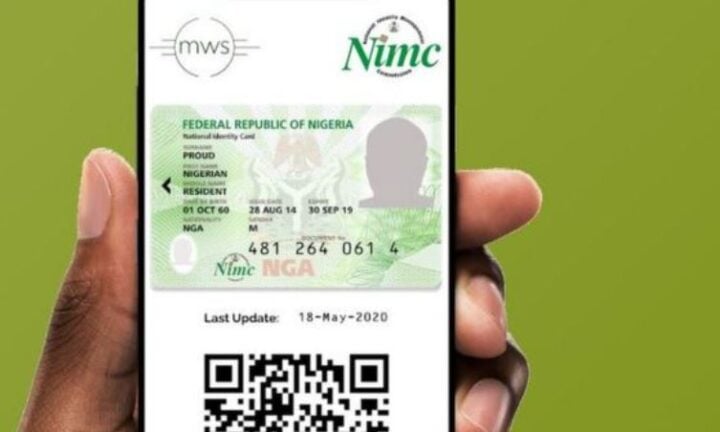BY JERRY OBANYERO
There has been a raging debate in several fora as to the appropriate designation or labelling, so to say, for armed robbers and kidnappers who have mercilessly and with temerity been incessantly launching attacks on a number of states in Nigeria especially the north. The attacks are well organised and the weapons used are dangerously sophisticated.
Everyone is a target including students, women, and peasant farmers. Recently, not less than 121 students of the Bethel Baptist Secondary School were kidnapped for ransom in Kaduna, there was an attack on the well-guarded Nigerian Military Academy (NDA) and some officers were killed while another adopted, a fighter jet belonging to the Nigerian Air Force was gunned down in Zamfara State.
All these came on the heels of other reports of kidnapping of school children, killing of villagers and farmers, sacking of communities, and attacks on government establishment in Niger, Katsina, Zamfara, Kaduna, Benue, Plateau and other states.
Advertisement
Curiously, the identity of this well-armed group perpetrating this evil is not unknown as certain persons in government and religious circles have either gone to the group’s hideouts or invited members of the AK-47 rifle dangling bandits to government house or opened-door meetings! Some have publicly canvassed for amnesty for the infamous group, citing economic woes and government neglect as the reason the bandits took arms against the state and its citizens and should instead be empowered rather than condemned. The big questions are: do the activities of this group qualify as terrorism? Could these bandits be lawfully designated as terrorists?
As a practicing lawyer and curious student of language, this writer delves into the aforementioned raging debate, albeit not to be another voice of controversy. With this in view, to advance the argument made herein, guidance is sought from the extant law, rules of legal interpretation, and how political language is used for political reason and/or national interest.
First off, Nigeria is a sovereign nation with a functional government. For time and space, we shall, therefore, restrict the authorities used herein to Nigerian laws. Another reason, for simplicity and in order to raise national consciousness and have us think inwards towards addressing a menace that is taking a hard bite on our national unity and progress. There are a number of laws in the country that directly or indirectly address banditry and terrorism, namely, the Criminal Code Act (Southern States) Cap C38 L.F.N 2004, Penal Code Federal Provisions Act, Cap. P3 L.F.N. 2004 (applicable in the north), Economic and Financial Crimes (Establishment) Act 2004, Robbery and Firearms (Special Provisions) Act Cap R11 L.F.N. 2004 and Terrorism (Prevention) (Amendment) Act 2013. Also, considering the glaring fact that the debate concerns whether the bandit group in the north could be designated as terrorist organisation, we shall yet again be dealing in this article with Terrorism (Prevention) (Amendment) Act (supra) referred hereafter as “The Act”.
Advertisement
The Act, particularly Section 1(2)(a)-(h), defines a terrorist as a person or body corporate who knowingly within and outside Nigeria directly and indirectly does, attempts, threatens acts of terrorism, participates or facilitates, assists, incites or promises act of terrorism. Penalty for the offences referred to in the Act carries a maximum death sentence upon conviction.
Section 1(3) of the Act further defines, explains, or describes ‘acts of terrorism’, inter alia, as to unduly compel a government or international organisation to do or abstain from doing an act, to seriously intimidate a population, to destabilise or destroy political, constitutional, economic or social structures of a country, an attack on person’s life which may cause serious bodily harm or death, kidnapping of a person, destruction to a government or public facility likely to endanger life or result in major economic loss, seizure of aircraft, ship or other means of transportation, manufacture, possession, supply, and use of weapons and explosives without lawful authority, and causing of fire and explosion the effect of which to endanger human life.
Thus, applying the literal interpretation rule, a community reading of Sections 1(2) and (3) of the Act above with a lens and mind cast on the actions and activities of armed bandit/kidnapping groups in the past years in the north will leave no one in doubt that the group is a terrorist organisation and it’s lawful to designate and declare the group as such by the government.
Now, is a declaration by the government necessary for the group to be designated or accorded a terrorist organisation status? Section 2(1) empowers the judge in chambers to declare any persons or organisation as terrorists or terrorist organisation. However, for the judge in chambers to make such a declaration, there has to be an application made by the attorney-general, or the national security adviser (NSA) or the inspector-general of police (IGP) on the approval of the president.
Advertisement
The order for the declaration shall thereafter be published in the official gazette and two national newspapers. In Section 9(1), on the other hand, the president may, on the recommendation of the NSA or IGP, declare a person suspected to be an international terrorist if the president reasonably suspects that the person participates, has a link or is a member of a terrorist organisation and is a risk to national security.
Why then is the Nigerian government reluctant to declare the armed and dreaded bandit group a terrorist organisation? From the government’s body language, it is obvious that the choice and use of ‘bandits’ by the Nigerian government to address or describe the terror group attacking, kidnapping, and killing innocent citizens is not a mistake. Politics is often referred to as the “art of the possible”.
‘Bandit’, as used by the Nigerian government to describe the terrorist organisation, is nothing more than intentional creation of semantic or vocabulary alternative for political reason and probably national interest. This is “language of politics” at play. Put differently, politicians or governments all over the world usually deploy and use language of politics to give subtle and inexact interpretation or euphemise words, acts, activities, and events.
Sometimes a language is constructed to give indirect meaning or meaning suitable to the government or politicians or party they belong as in George Orwell’s novel Nineteen Eighty-Four. Sometimes, words are used to exaggerate things, events, and actions so as to give government the right to employ state power to crack down on opponents or internal or external enemies, whether real or potential. For example, the US hinged their invasion of Iraq in 2003 on the unproven claims that Iraq had ‘weapons of mass destruction’ which the country intended to use against the US.
Advertisement
The claims of ‘weapon of mass destruction’ may have been well constructed to serve as a strong reason for the US army to launch an attack and topple Saddam Hussein’s government.
Similarly, for political reasons, the Buhari-led government may have settled for the bandit appellation to reduce or soft-pedal the gravity of effects and backlash, especially from the international community, that comes with officially declaring another group as terrorist organisation in the north. The government is still battling the Boko Haram terrorist organisation in the north-east and declaring another group as terrorists might have been thought unwise.
Advertisement
Besides reputational damage on the region and risk of desertion by visitors and businesses which will further impoverish the region, the elite and heavyweight politicians from the region fear being publicly identified with or connected to the group and being placed on the terrorist watch list by the US, as unconfirmed reports have linked some past governors and Emirs as sponsors of the group.
President Buhari might have listened to the cabal in the Aso Rock which dictates most of the administration’s policy direction against declaring the bandits as terrorists. Although, the second reason which is national interest is arguable and complicated especially since the same government has officially proscribed the Indigenous People of Biafra (IPOB) and arrested and charged its leader, Nnamdi Kanu, for terrorism and other related offences.
Advertisement
Nigeria has for years been marked as a security risk country with several advanced countries warning their citizens either against travelling to the country or some parts of the country. This has affected the inflow of foreign investments and/or capital importation and even our production sector which requires huge investment. Also, this present government has been on a borrowing spree since its inception. So far, Nigeria owes billions of dollars and the government is not stopping this debt accumulation any time soon.
Declaring another group a terrorist organisation, in the thinking of Mr. President’s handlers, may not serve the interest of the nation. Note, some parts of Niger state seized by bandits are a few kilometers to the presidential villa. By declaring the armed bandit group a terrorist organisation, it may seem the government is telling the world it is not in control of security and may be toppled by armed bandits who are in its neighbourhood — the way the Taliban sacked the Afghanistan government.
Advertisement
Terrorism is not treated with kid gloves on the international scene and the Nigerian government may as well be careful not to further batter the image of the country.
In the light of the above, can the government still charge the individual members of the bandit group for terrorism without declaring the group as a terrorist organization? Any person who commits any act captured in Section 1(3) whether it’s an attack on someone’s life, kidnapping, destruction of government’s property or possession and use of dangerous weapons, etc, can be charged for terrorism under the Act either as an individual or member (s) of a group even when such group is yet to be proscribed or declared as a terrorist organisation. Section 30 empowers the attorney-general of the federation to prosecute and may delegate such power to any agency charged with the responsibility of terrorist investigation to institute criminal proceedings against any person in relation to offences mentioned in the Act.
In conclusion, we can decipher from the foregoing that there is a lot of politicking and even completely absent or insufficient willpower to arrest the ugly security situation in the north. Whether the reason is merely political or done for national interest, the failure or lackadaisical attitude of the government to apprehend and prosecute terrorists that are kidnapping and killing innocent citizens and destroying private and public property is a clear infraction of the constitution which saddles the responsibility of maintaining law and order on the government. There is the time when the occasion may demand the government to exaggerate or euphemise an act through political language, but what is being experienced currently is a case of unwarranted and senseless assault on the people, the government, and nation.
The English saying — ‘a stitch in time saves nine’ — couldn’t be better said.
Jerry Obanyero is a Lagos-based lawyer. You can reach him at [email protected]
Views expressed by contributors are strictly personal and not of TheCable.
Add a comment
